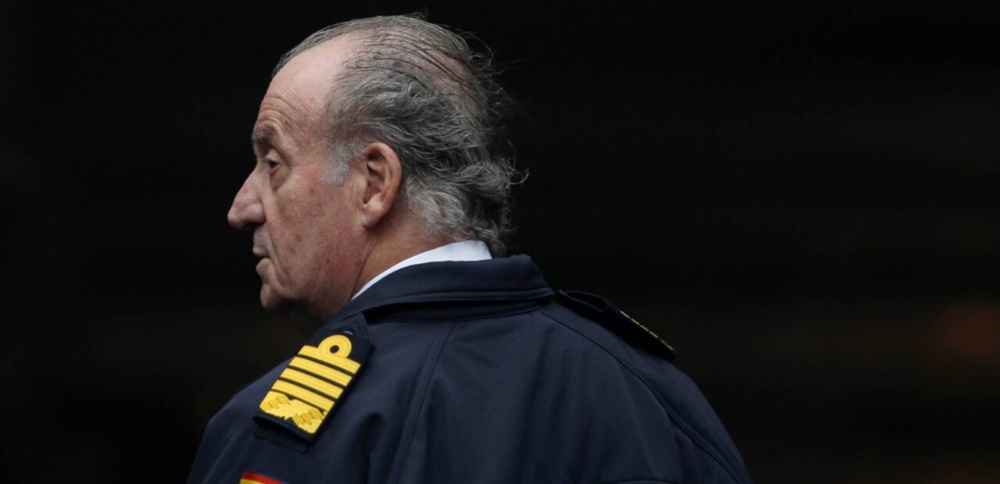Forty years ago last week Spanish military and paramilitary officials attempted a coup against Spain’s nascent democracy.
This came six years after the death of dictator Francisco Franco and the subsequent demise of his regime at the hands of his hand-picked successor King Juan Carlos.
The Franco regime took Juan Carlos from his family’s Portuguese exile at an early age and brought him to Spain to be groomed to eventually succeed the dictator. Franco believed that Juan Carlos would continue with the regime’s governance style and ideology and, throughout this period, Juan Carlos adroitly did nothing to contradict the dictator’s views.
Once Franco died in November of 1975 Juan Carlos embarked on a process of democratization and modernization that would change Spain fundamentally.
For six years democratization continued apace. But Spain faced severe economic problems and social disruptions, leading Franco’s supporters to believe that they could strike and return Spain to the past.
On February 23, 1981 they struck, with General Milans del Bosch leading a military coup attempt and Civil Guard Colonel Antonio Tejera leading a force of 150 officers to take the Cortes (parliament) hostage and arrest key civilian leaders.
Juan Carlos faced a unique challenge.
While Milans del Bosch and many senior military leaders who yearned for the old regime were close friends, he chose to defend the democracy he had guided for six years.
Juan Carlos went on national television late that night to order the troops back to the barracks and the Civil Guard officers to relinquish their control over the Parliament buildings.
He took his young son and heir Felipe with him to the studio. When asked why he had exposed his young son to the dangers of facing down a coup, he responded that Felipe had to learn that being a King was to be a leader in good times and in bad and that it meant taking difficult decisions when required.
Spain has since developed into a mainstream member of the European Union and NATO and it continues to be a democracy despite the challenges it faces with respect to national unity from Basque and Catalan separatist movements.
This is a tribute a tribute to Juan Carlos’s vision and courage.
But what of Juan Carlos today?
I recall the variant of the famous quote by Greek tragedian Euripides, “those whom the gods would destroy they first make great”.
Over the years Juan Carlos proved unable to allow his better angels to control his inner demons despite the high level of esteem that he enjoyed at home and abroad.
Relative to other royal families, his family did not have much money, yet he pursued an expensive lifestyle subsidized by friends and cronies. He was also a philanderer and this combination led to his ultimate downfall. Going on an expensive safari in Africa with a long-time lady friend at a time of great economic difficulty in Spain eventually led to his abdication in favor of his son in 2014.
Juan Carlos’s son-in-law was jailed for corruption in 2018 and his daughter Princess Cristina almost joined him.
Swiss and Spanish authorities are investigating Juan Carlos for corruption and tax evasion. The former king has gone into self-imposed temporary exile in Abu Dhabi and is reportedly paying back taxes on his illegal commissions as he waits to learn if he will eventually face criminal charges.
Last week, in my article “Hope”, I lamented the lack of leadership skills on the part of most global leaders.
The case of Juan Carlos underscores the fragility of leadership when a once highly admired leader succumbs to personal vanity and weakness or when he thinks he cannot be held accountable for his actions.
Juan Carlos’s legacy could have been brilliant.
Instead, he will likely go down in history as a caricature.
Edición: Ana Ordaz
Las temperaturas podrían alcanzar hasta los 39 grados
La Jornada Maya
Pidió políticas públicas sustanciales, efectivas y concretas que respalden a las comunidades
Miguel Améndola
Estudio revela también que aumenta ''significativamente'' las posibilidades de tener depresión o ansiedad
Efe
En una familia, esta prenda se transmite de generación en generación
Ap
